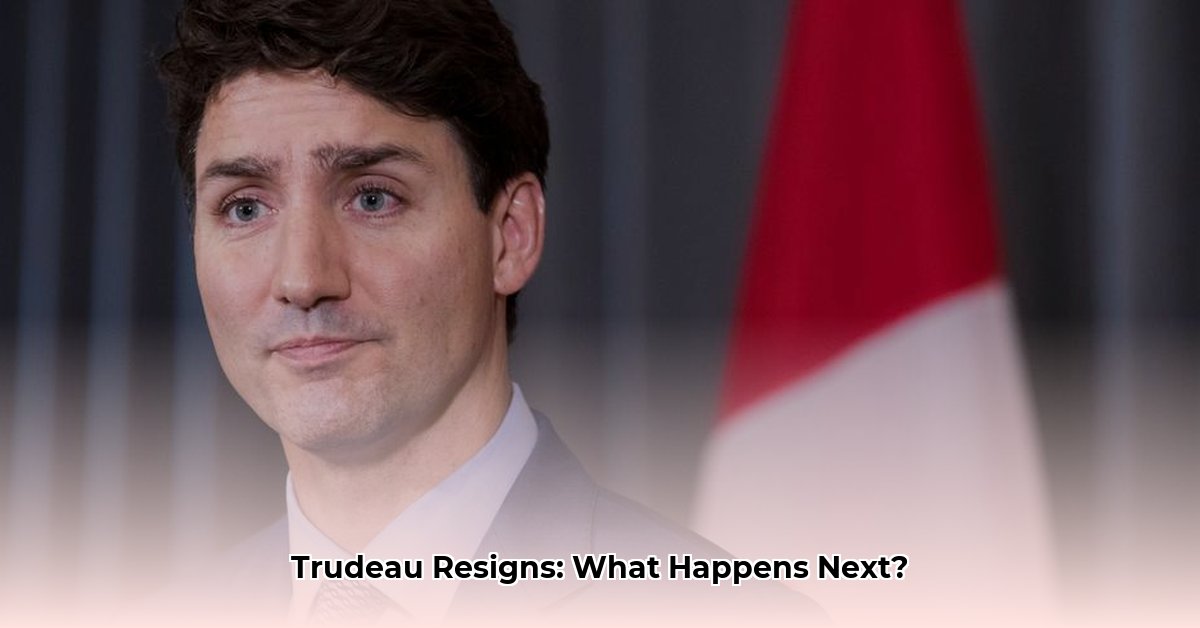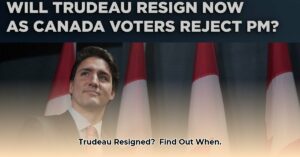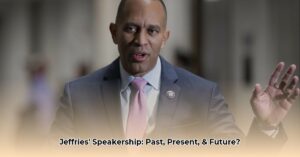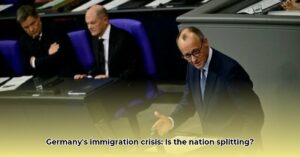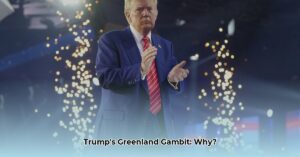Justin Trudeau’s resignation as Prime Minister and Liberal Party leader marks a pivotal moment in Canadian history, sending ripples across the political, economic, and social landscape. This in-depth analysis delves into the potential consequences of this unexpected departure, exploring the challenges and opportunities that lie ahead for Canada.
The Political Earthquake: Reshaping the Landscape
Trudeau’s resignation creates a power vacuum within the Liberal Party, sparking a leadership race that will likely define its future direction. The party must navigate internal divisions and choose a successor who can unite its ranks and present a compelling vision to the Canadian public. This transition period presents both opportunities and challenges for opposition parties. They will undoubtedly seek to capitalize on the uncertainty, adjusting their strategies and vying for greater public support. The possibility of a snap election looms large, potentially adding further instability to the political scene.
Economic Tremors: Navigating Uncertainty
The economy thrives on stability, and Trudeau’s departure introduces a degree of uncertainty that could impact investor confidence and market projections. The Canadian dollar may experience volatility as investors assess the implications of the resignation and the potential policy changes under new leadership. Businesses may adopt a cautious approach, delaying investment decisions until a clearer picture emerges. The long-term economic consequences hinge on the new leader’s fiscal policies, trade agreements, and approach to economic growth. Expert opinions diverge, with some suggesting a change in leadership could spur innovation, while others caution about potential disruptions.
Social Implications: A Nation in Transition
Trudeau’s resignation will undoubtedly evoke mixed reactions across Canadian society. His policies on issues like cannabis legalization and medical assistance in dying (MAID) have significantly reshaped social discourse, and their future under new leadership remains uncertain. The political climate during Trudeau’s tenure, marked by minority governments and the Trump presidency, also influenced Canadian perspectives on national identity and international relations. The reasons behind Trudeau’s resignation, whether due to declining popularity or internal party pressures, will continue to fuel public discussion and impact perceptions of trust in government. The long-term social implications of this transition will depend on how Canadians engage with the new political landscape and navigate emerging social and political divisions.
Canada on the World Stage: Shifting Dynamics
Trudeau’s departure will likely prompt reassessments of Canada’s international relationships. Allies and trading partners will be watching closely to understand how the new leadership will approach foreign policy, trade agreements, and international cooperation. The new Prime Minister will need to navigate a complex global landscape, addressing issues such as climate change, economic instability, and geopolitical tensions.
What’s Next? Charting an Uncertain Course
Predicting the future is an inherently uncertain endeavor, particularly in the realm of politics. However, several key factors will shape Canada’s trajectory in the post-Trudeau era:
- The Liberal Leadership Race: The selection of a new leader will be crucial, determining the party’s platform, political strategy, and ability to maintain unity.
- Opposition Party Strategies: Opposition parties will adapt their approaches in response to the changing political landscape, potentially leading to increased competition and shifting alliances.
- Public Opinion and Engagement: The Canadian public will play a significant role in shaping the political narrative. Public reaction to the new leadership and emerging policies will influence the direction of the country.
- Economic Performance: The Canadian economy’s response to the transition will be a crucial indicator of the new government’s effectiveness.
- Global Developments: International events and global economic trends will also influence Canada’s path forward, presenting both challenges and opportunities.
A Moment of Transformation
Trudeau’s resignation marks a moment of profound change and uncertainty for Canada. The decisions made in the coming months and years will shape the country’s future, impacting its political stability, economic prosperity, and social fabric. While the path ahead remains unclear, one thing is certain: Canada has entered a new chapter in its history, and the world is watching.

